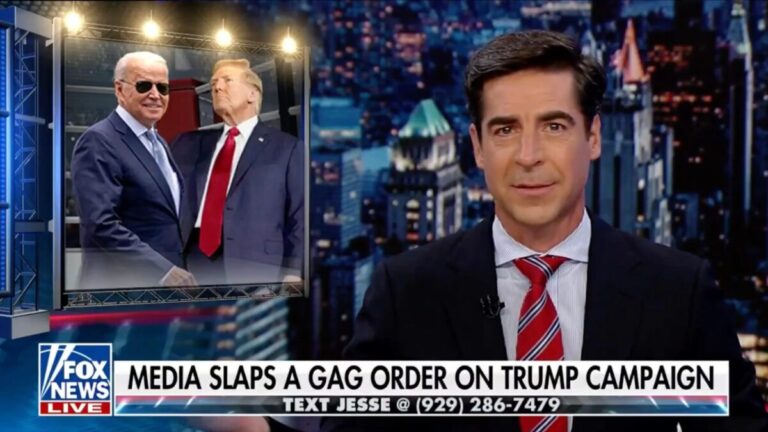In a significant victory for the Biden administration, the United States Supreme Court has issued a ruling that preserves the government’s ability to communicate with social media companies regarding their content moderation policies. This decision, which has far-reaching implications, has sparked intense reactions from conservatives who fear it could lead to unchecked government influence over online discourse.
The Supreme Court’s Ruling: A Nuanced Perspective
The Supreme Court’s 6-3 ruling did not directly address the underlying question of what constitutes permissible contact between executive branch officials and social media companies. Instead, the court focused on the issue of legal standing, determining that the plaintiffs had failed to demonstrate that the companies’ actions could be directly traced back to pressure from the Biden administration.
Implications for the Government’s Ability to Engage with Social Media
The ruling has been hailed by supporters as a crucial step in preserving the government’s capacity to address critical public interest matters, such as the spread of misinformation surrounding “health”, foreign interference in elections, and more. They argue that a contrary decision could have jeopardized the government’s ability to collaborate with private entities on these vital issues.
However, critics of the ruling have voiced concerns that it could pave the way for unchecked government pressure on social media companies and related private entities. They warn that this could lead to a troubling scenario where the government exerts undue influence over online discourse, potentially undermining the free exchange of ideas and the ability of citizens to make informed decisions.
The Supreme Court has ruled that, practically, the government can continue pressuring social media companies to censor Americans. This is an absolute gut punch.
— Glenn Beck (@glennbeck) June 26, 2024
SCOTUS finding a lack of standing for the plaintiffs in Murthy v. Missouri effectively means that the government is free to violate your rights so long as they do so through a third party
— Amber Duke (@ambermarieduke) June 26, 2024
The Delicate Balance between Government Oversight and Private Sector Autonomy
The Supreme Court’s decision highlights the complex and often contentious relationship between the government and social media platforms. On one hand, there is a recognized need for the government to engage with these companies on matters of public interest. On the other hand, there are legitimate concerns about preserving the autonomy of private entities and preventing the government from overstepping its bounds.
As the digital landscape continues to evolve, the issue of how the government should interact with social media platforms is likely to remain a subject of intense debate. This ruling, while providing some clarity, also underscores the need for ongoing dialogue and the development of clear guidelines that balance the interests of the government, social media companies, and the public.
The Role of Transparency and Accountability
Amid these discussions, the importance of transparency and accountability cannot be overstated. Both the government and social media companies must be held to high standards, ensuring that any interactions or collaboration are conducted in a manner that upholds the principles of democracy and the free flow of information.
The Supreme Court’s decision has the potential to shape the future of online discourse, with far-reaching consequences for how information is disseminated, shared, and consumed. As the debate continues, it will be crucial for all stakeholders to engage in constructive dialogue and work towards solutions that protect the integrity of the digital public square.
The Supreme Court’s ruling is just one piece of a larger puzzle when it comes to the regulation of social media and the government’s role in this evolving landscape. Policymakers, legal experts, and industry leaders will need to collaborate to develop a comprehensive and balanced approach that safeguards the public interest while preserving the autonomy of private entities.
The Importance of Judicial Oversight
The Supreme Court’s decision to focus on the issue of legal standing, rather than the underlying merits of the case, underscores the critical role of the judiciary in providing oversight and ensuring that the government’s interactions with social media companies are within the bounds of the law.
The challenge of content moderation on social media platforms is another key aspect of this ongoing debate. As the government and social media companies grapple with the complexities of balancing free speech, public safety, and the spread of misinformation, the Supreme Court’s ruling may have implications for how these issues are addressed.
Beyond the immediate implications for the government’s ability to engage with social media companies, this Supreme Court ruling has the potential to reverberate throughout the broader digital ecosystem. It may influence the ways in which other private entities, such as tech companies, interact with government officials on matters of public interest.




Leave a Comment